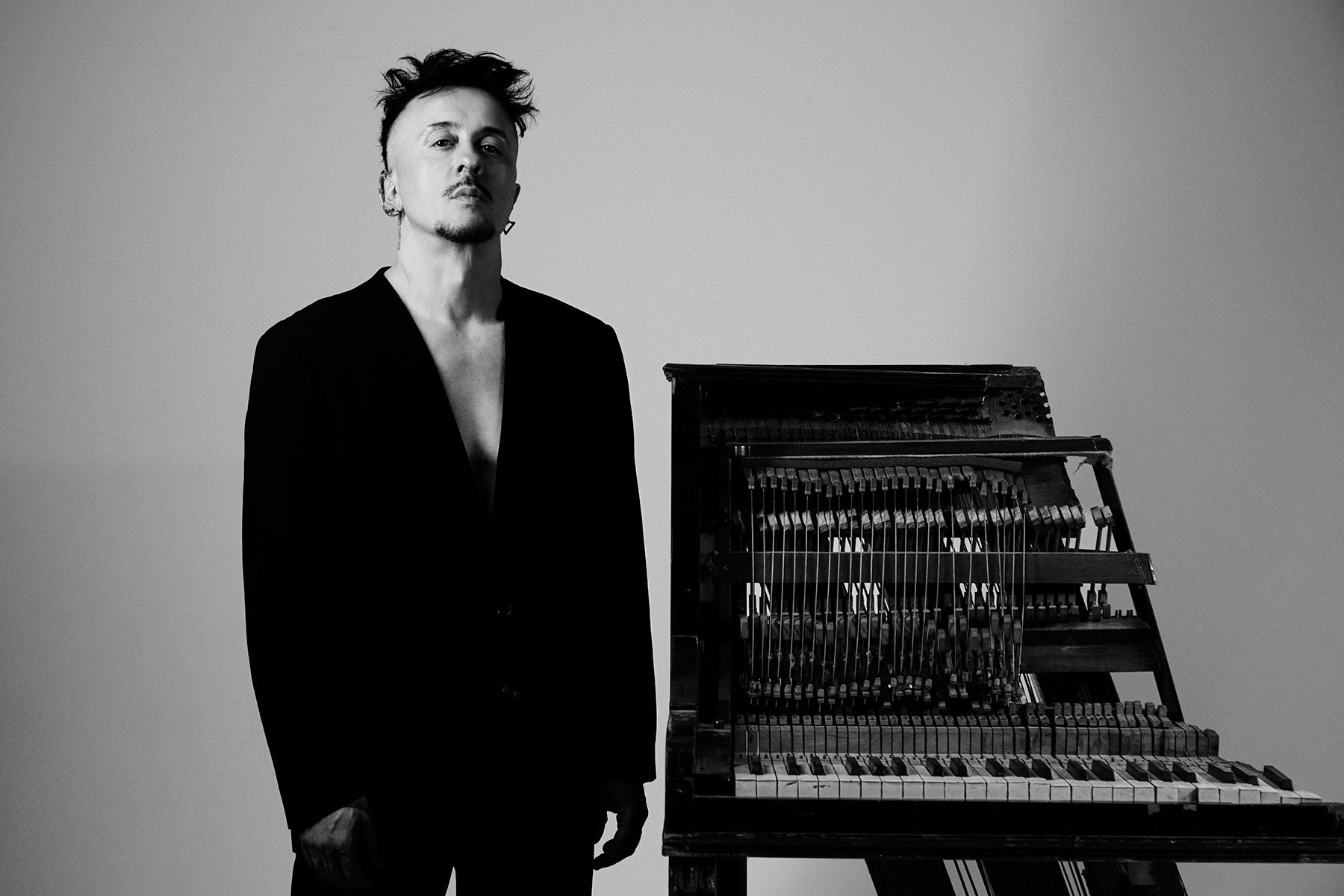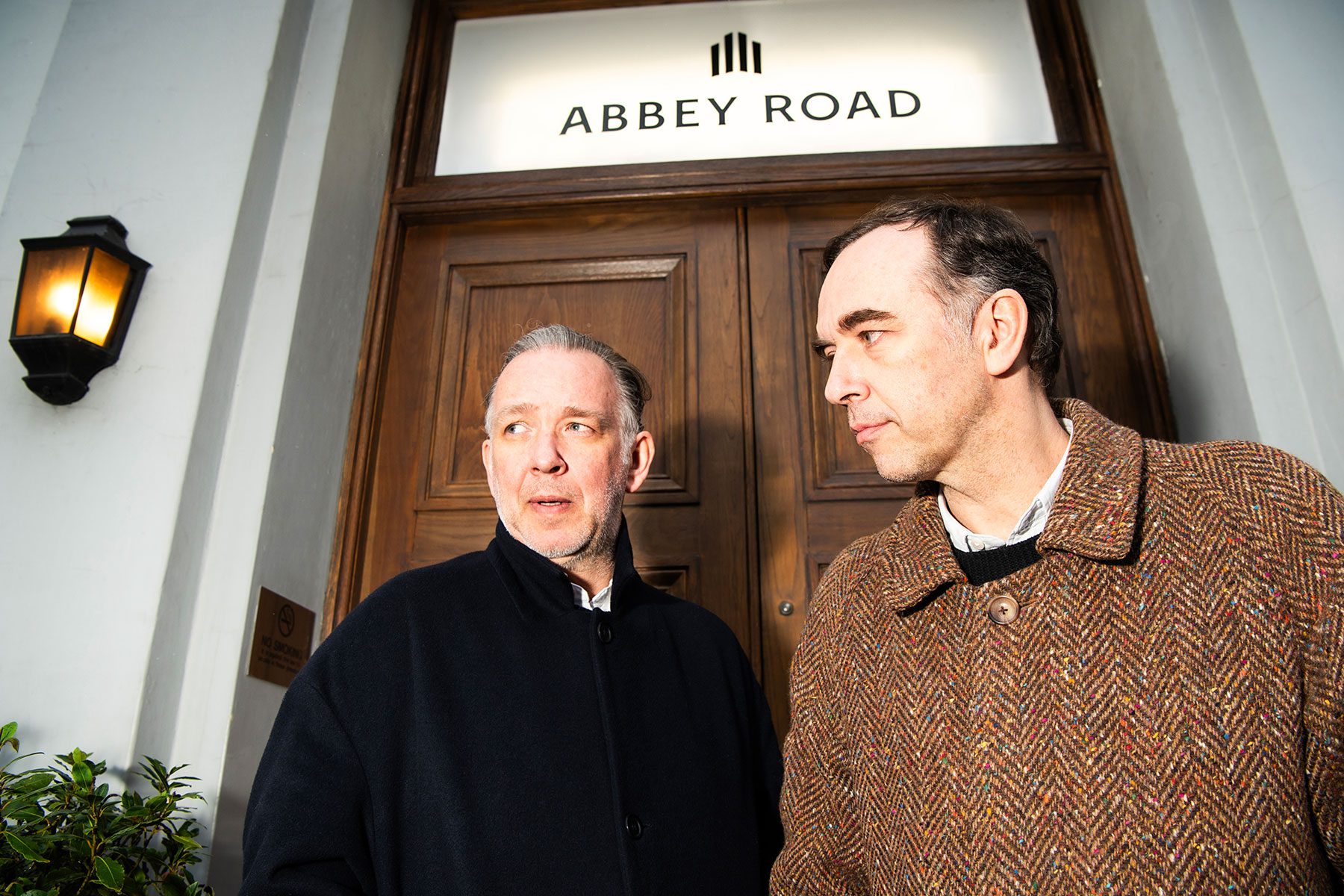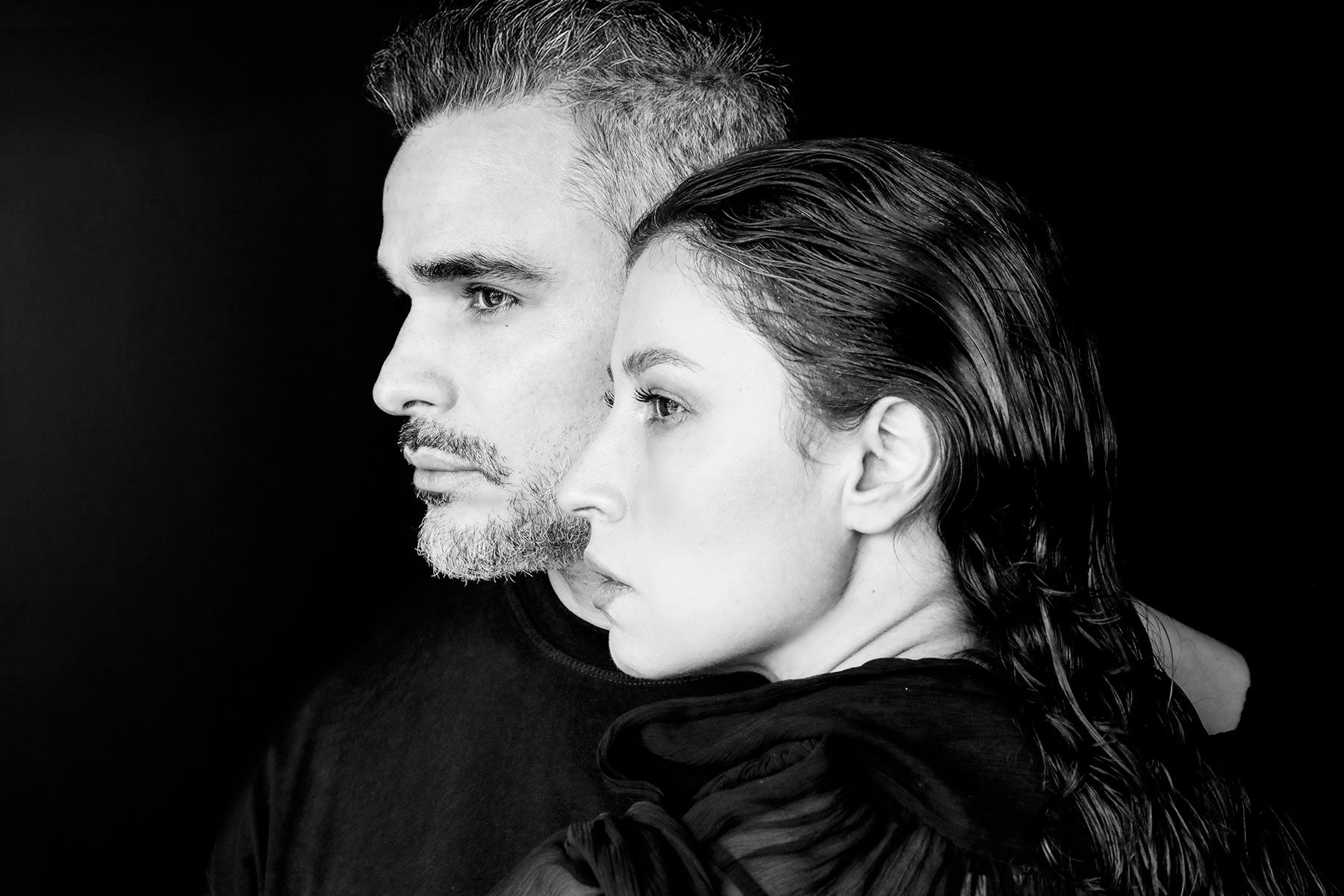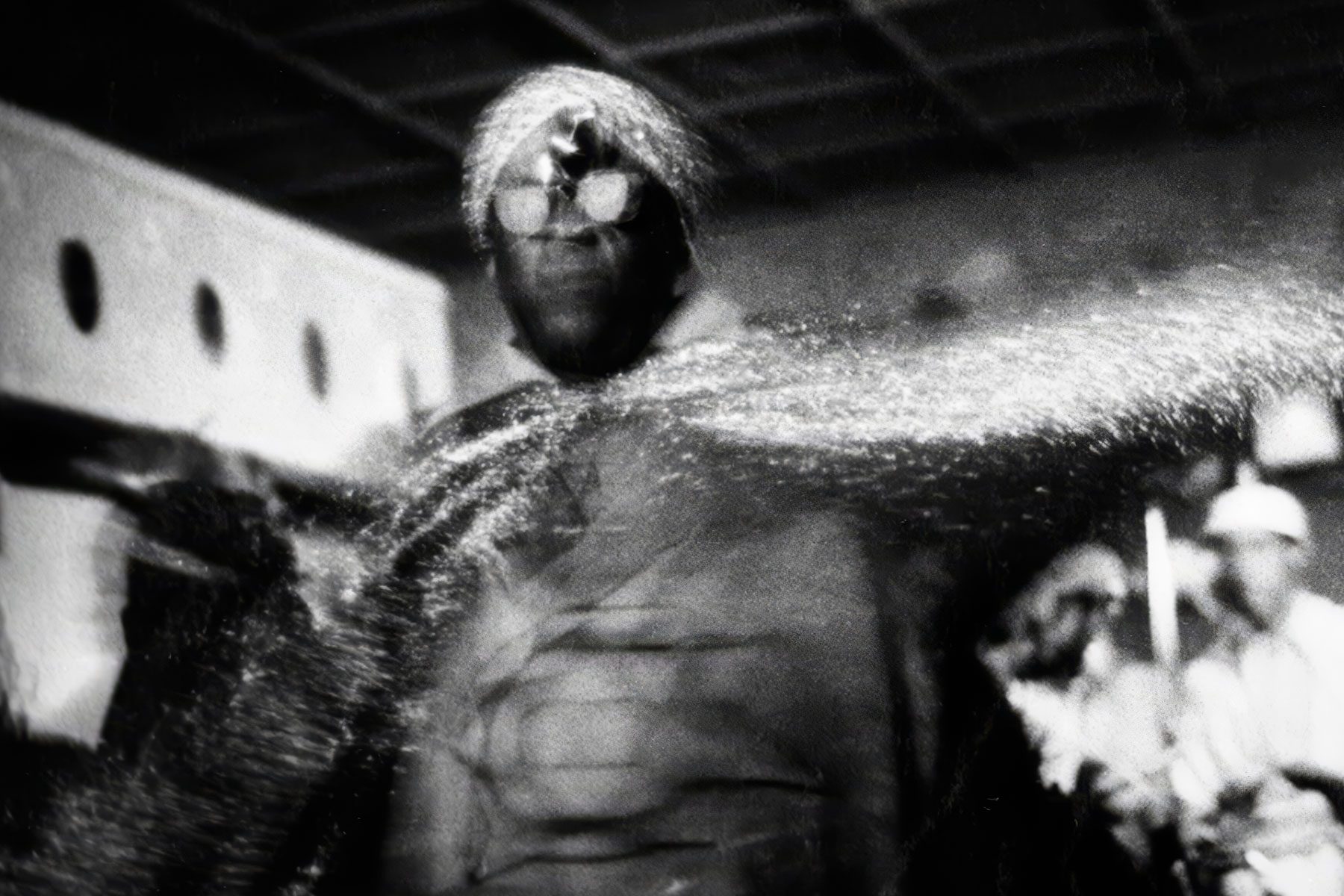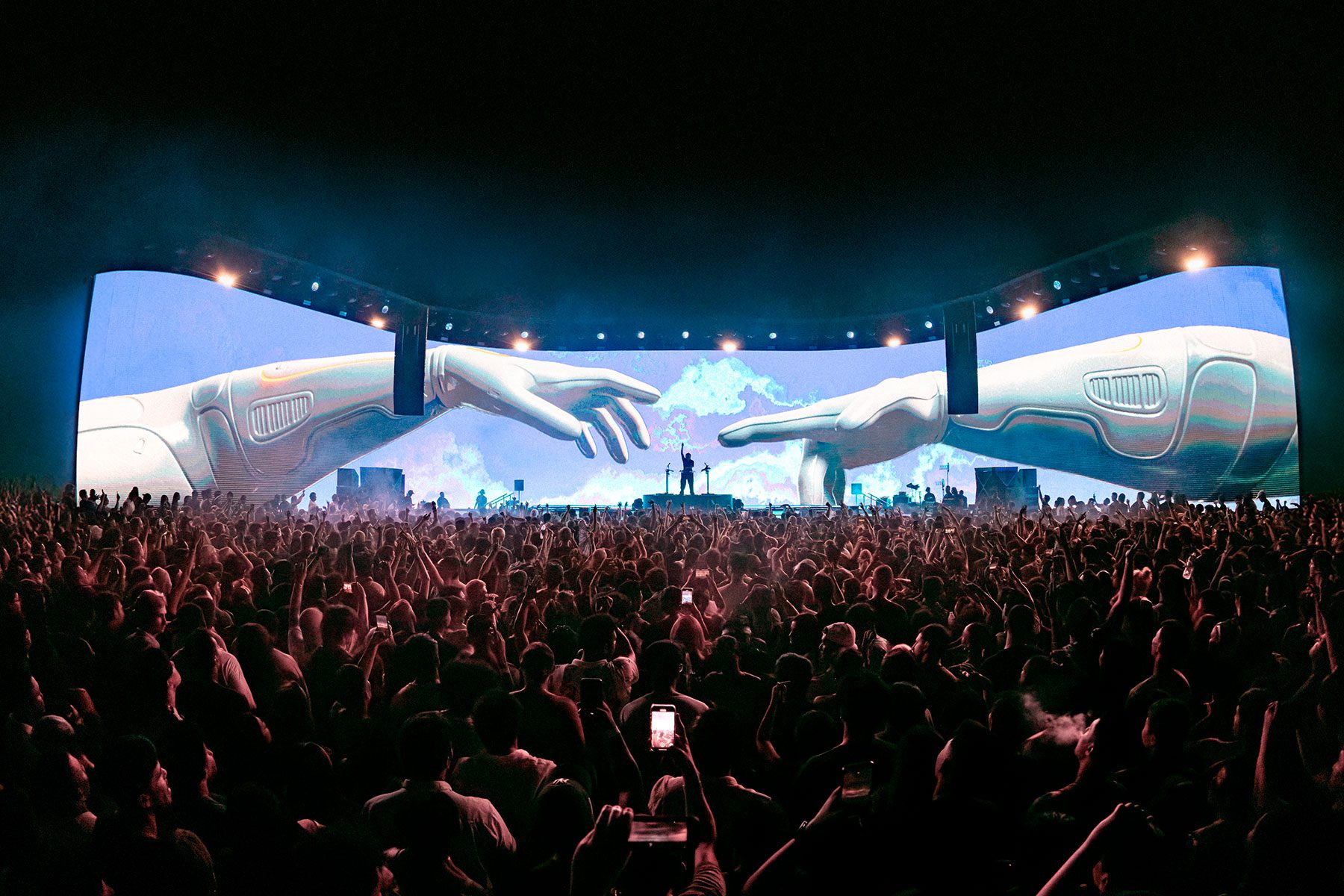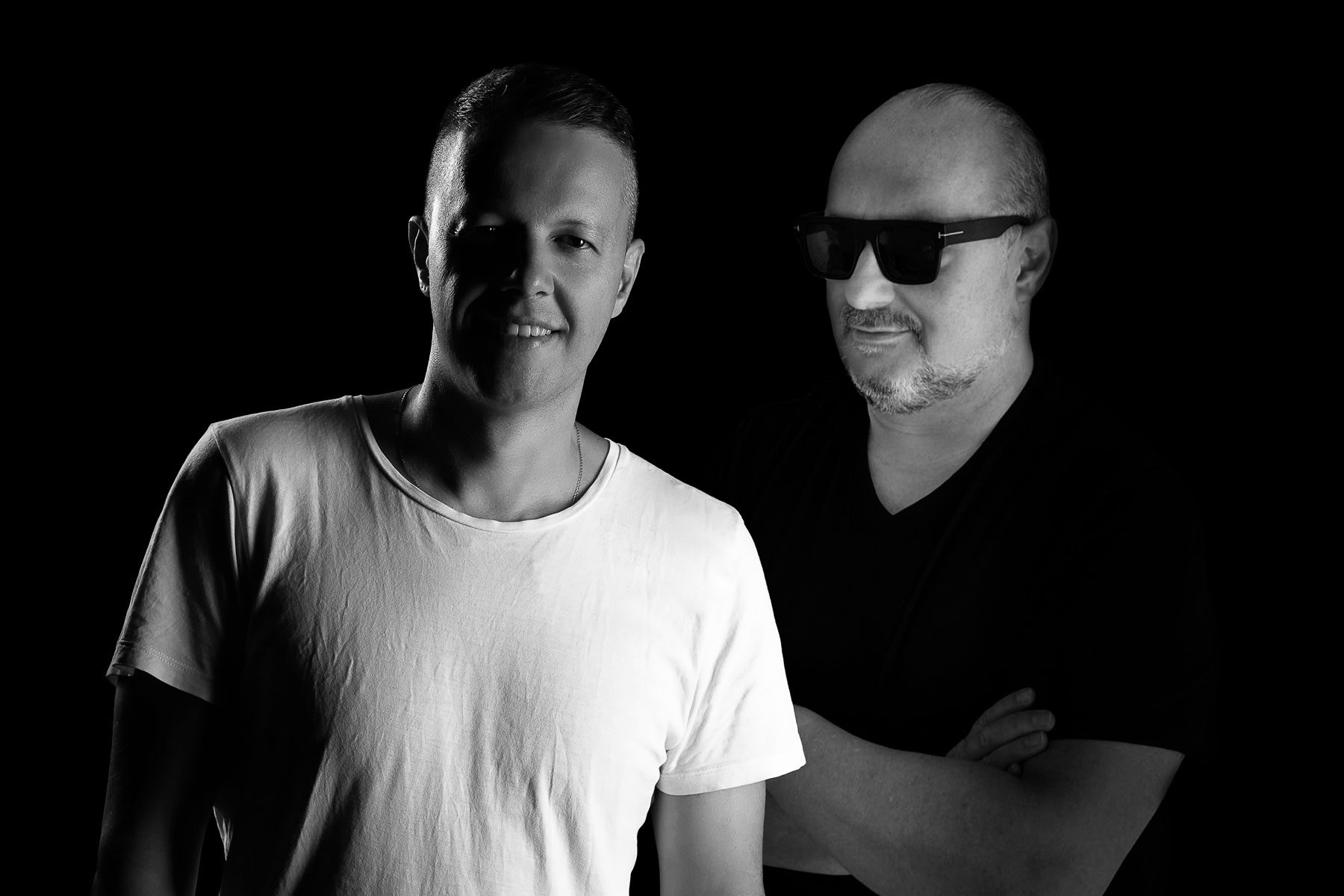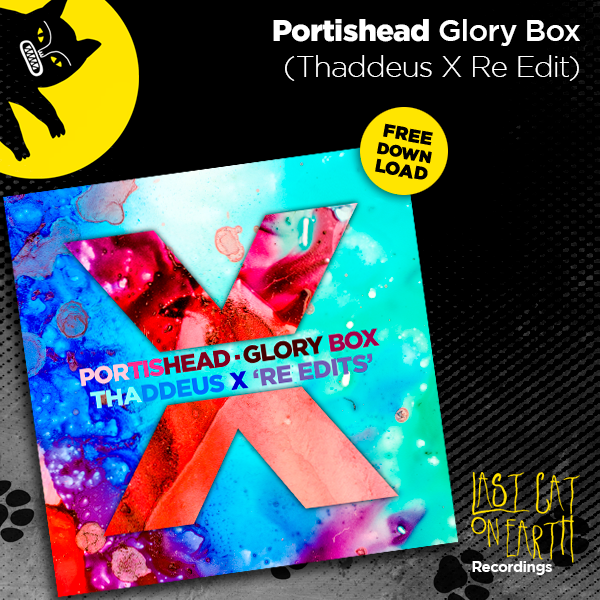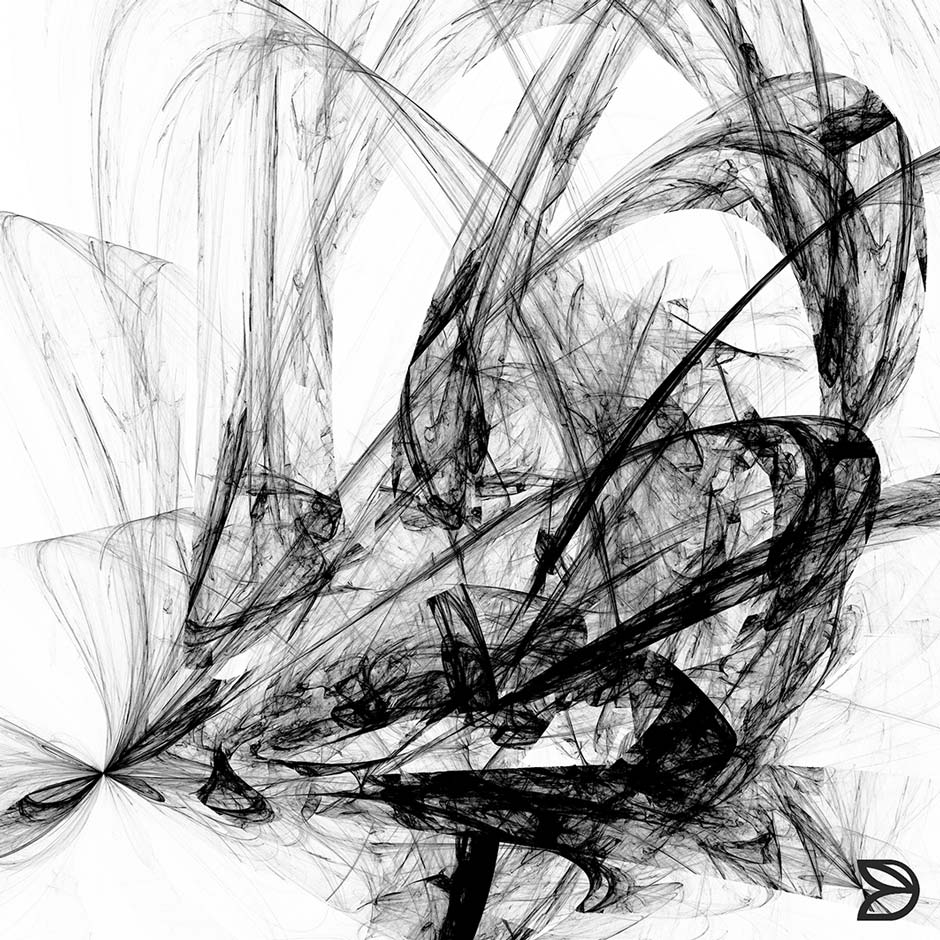Chicago-born, Luis Baro has chosen New York as his home and embraces his Midwestern roots with grace. His contemporary style of crafting deeply emotive dance music has captivated audiences and propelled his talent to new levels.
Photo credit: Luis Baro –
Driven by his lifelong love for community, culture, and the vibrant sights and sounds that surround him, Baro embarked on his musical journey in the early 2010s. His earliest recordings gained recognition from prominent labels such as Dust Traxx, Sampled Detroit, and Deep Nota Records.
Throughout his career, the artist has refined an “essentialist approach” to music production, blending moments of musical spontaneity with unconventional arrangements and innovative sound design. These creative choices transport listeners to unexplored realms of polyphonic experiences, allowing them to immerse themselves in a full spectrum of emotions.
EG had a chance to chat with Luis Baro to get more insights into his primary project, Viva Acid, along with his upcoming plans and ventures.
EG: Hi Luis! Welcome to EG. It’s a pleasure to have you here with us. How have you been? Where are you right now?
LB: Thanks for the invitation. I’m based in Brooklyn and have called it home for nearly two decades. Although I was born and raised in Chicago, where most of my family and many friends still reside, I make it a point to visit at least twice a year. With my current venture, Viva Acid, I anticipate spending even more time there.
EG: First of all, congratulations on the third edition of ‘Viva Acids Multi-Day Funktion’! You must still be on a high. What was the experience like? Any personal highlights?
LB: It’s been incredibly invigorating to see so many young people attending our discussions and collaborating with us this year. While I always appreciate the wisdom and familiarity of long-time participants, the fresh energy and curiosity from those in their twenties bring a new dimension to our efforts. The crowning moment, however, had to be Glenn Underground’s closing set on Sunday. Despite running on little to no sleep after four packed days, his performance was so captivating that it made me forget my fatigue, dance, and just lose myself.
EG: For the ones that don’t know, can you tell us what ‘Viva Acid’s Multi-Day Funktion’ is all about?
LB: Viva Acid’s ‘Multi-Day Funktion’ serves as a unique platform to celebrate the rich heritage of acid house culture. But it goes beyond mere celebration—it’s about open dialogue, shared knowledge, and community-building. We curate a variety of experiences over multiple days that range from panel discussions and workshops to live performances and art exhibitions. The aim is to not only pay homage to the past but to also propel this vibrant subculture into the future. We invite pioneers of the genre as well as emerging talents to share insights, techniques, and stories that enrich our collective understanding. This multi-faceted approach allows us to engage with our community in a meaningful way, providing both educational and entertainment value. Whether you’re a seasoned veteran or a newcomer looking to delve deeper into acid house, Viva Acid’s ‘Multi-Day Funktion’ offers something for everyone. It’s a place to learn, dance, connect, and most importantly, to keep the rebellious, innovative spirit of acid house alive and thriving.
EG: When and why was Viva Acid’s ‘Multi-Day Funktion’ born? What pushed you to set this up?
LB: In 2018/2019, I had the unique experience of organizing a New Year’s Eve event at a DIY art space in Chicago. We reached full capacity, which was exciting, but the evening posed significant challenges. We had opted for a BYOB (Bring Your Own Bottle) policy, assuming it would create a relaxed, community atmosphere. Unfortunately, it led to an excess of alcohol consumption, resulting in various incidents that required immediate attention throughout the evening.
While we convened for a team dinner the next day, the prevailing sentiment was that the event was a success. The team found humor in the chaos, but I was left contemplative. As someone who’s been in the event organizing space since 1991, I realized the need for something deeper than just another party.
This prompted me to think critically about the essence of acid house culture, a community I have been a part of for decades. I realized we needed an evolved concept—one that moved beyond merely celebrating with music. With my multifaceted background in radio, event organizing, content creation, DJing, and marketing, I envisioned a multi-day event where industry veterans and newcomers could come together. The goal was to create a platform for sharing wisdom, mistakes, and successes.
My wife succinctly summed up my feelings when she whispered, “Same shit, different year” at that post-event dinner. It was a moment where I had to create something new or fully retire (I was already “so-called retired”). I took it as a call to action: to inspire and educate, not just entertain. That’s how the spirit of ‘Viva’ was born. It’s an ethos grounded in DIY culture—breaking free from gatekeepers and empowering individuals to create and innovate.
“It’s a place to learn, to dance, to connect, and most importantly, to keep the rebellious, innovative spirit of acid house alive and thriving”
EG: How has Viva Acid’s ‘Multi-Day Funktion’ grown since its first edition? What are some of the most important things you’ve learned from past editions?
LB: Our inaugural event was a humble affair; it lasted one day, featured three talks and one party, and was attended by 30 people—all of whom I knew personally. I’m immensely grateful for the early supporters who have been with us from day one, including industry veterans like Gene Hunt, Glenn Underground, Hieroglyphic Being, Kenny Larkin, and John Simmons. By the second year, we expanded to a three-day event with four parties, and we saw a significant increase in attendance. However, it raised a concern that our message wasn’t fully connecting with a younger audience. Nevertheless, our most recent event marked a turning point with a surge in participation from a new and genuinely curious demographic. This reassured us that our outreach efforts are effective. In terms of numbers, we’ve come a long way from our initial 30 attendees, with over 400 registered participants for our talks. My greatest lesson is to keep going and never stop.
EG: How does one pay homage to the roots of Chicago’s Acid House scene while still propelling it into the “future”?
LB: Paying homage to the roots of Chicago’s Acid House scene while pushing it into the future requires a balance between deep respect for the past and a pioneering vision for what lies ahead. We make sure to feature original Acid House pioneers in our line-ups, include talks that delve into the history, and curate experiences that echo the DIY spirit of the genre. However, we also embrace the changes brought by technology and social transformations. We utilize new software for music-making, incorporate digital art into our events, and leverage social media to build a more inclusive Acid House community. The key is to marry the classic with the new, allowing the spirit of rebellion, innovation, and boundary-pushing to thrive.
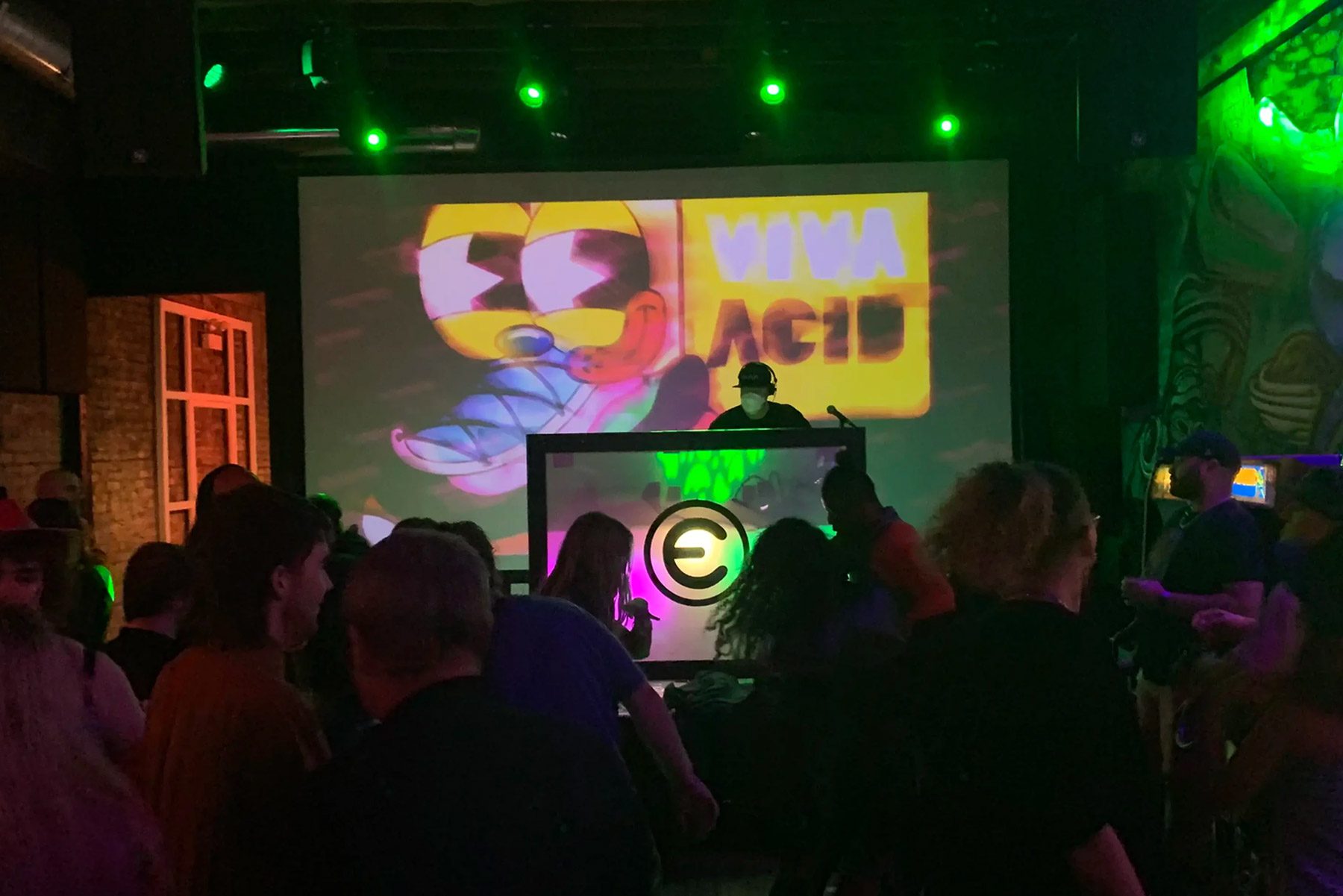
EG: What do you think about the current trend of larger-than-life visuals at music festivals? Are they overwhelming the musical aspect?
LB: Technology and eye-catching visuals have their place in events, adding an enjoyable element. However, it’s crucial to strike a balance between flashy visuals and offering a substantial experience. Events that solely focus on the flash and dazzle without delivering a meaningful experience tend to have a shorter lifespan. While flashy visuals may capture initial interest, their impact tends to be transient. What endures is the substance and the community. Therefore, it’s essential to prioritize core elements that give an event its lasting value, ensuring a balance between captivating visuals and a meaningful musical experience.
EG: What are your thoughts on the incorporation of AI in electronic music?
LB: I’m not fundamentally against the use of AI as a tool to empower individuals in the DIY community. AI can be harnessed in various creative domains such as music, cover art, video production, or copywriting. However, when it comes to the creative process in music, introducing AI adds complexity to traditional ideas about authorship and originality. While AI can augment artistic efforts, I personally believe that the essence of music should emanate from human creativity, not solely from a server farm. AI-generated works don’t resonate with me in the same way as something born from human emotion and experience. However, I’m open to the possibility that my perception may evolve over time, and I might come to appreciate the artistry in AI-generated works.
“The key is to marry the classic with the new, allowing the spirit of rebellion, innovation, and boundary-pushing to thrive”
EG: What’s next for Luis Baro & Viva Acid? What new milestones are you looking forward to?
LB: We have ambitious plans to broaden our outreach. During quieter periods, we’re developing social media programs to keep the community engaged. We’re also excited to announce our first vinyl compilation, set for release in February. Looking ahead, we’ll be transitioning to a new venue with greater capacity, allowing us to host multiple workshops simultaneously. We’re exploring the potential of live-streaming our workshops and talks to reach a wider audience. Additionally, we’re in the process of securing a larger, multi-room space to host a major event, potentially launching our first satellite event in Brooklyn. Our primary focus remains on strengthening our roots within the local community and providing value to the creatives and entrepreneurs driving this culture forward.
EG: Thank you for your time, Luis! We’re excited to see what’s in store for you. Take care!
LB: Thank you for providing me with this wonderful opportunity to discuss my passion and work. I appreciate it greatly.

Viva Acid is Luis Baro’s main venture. For more info click here.




